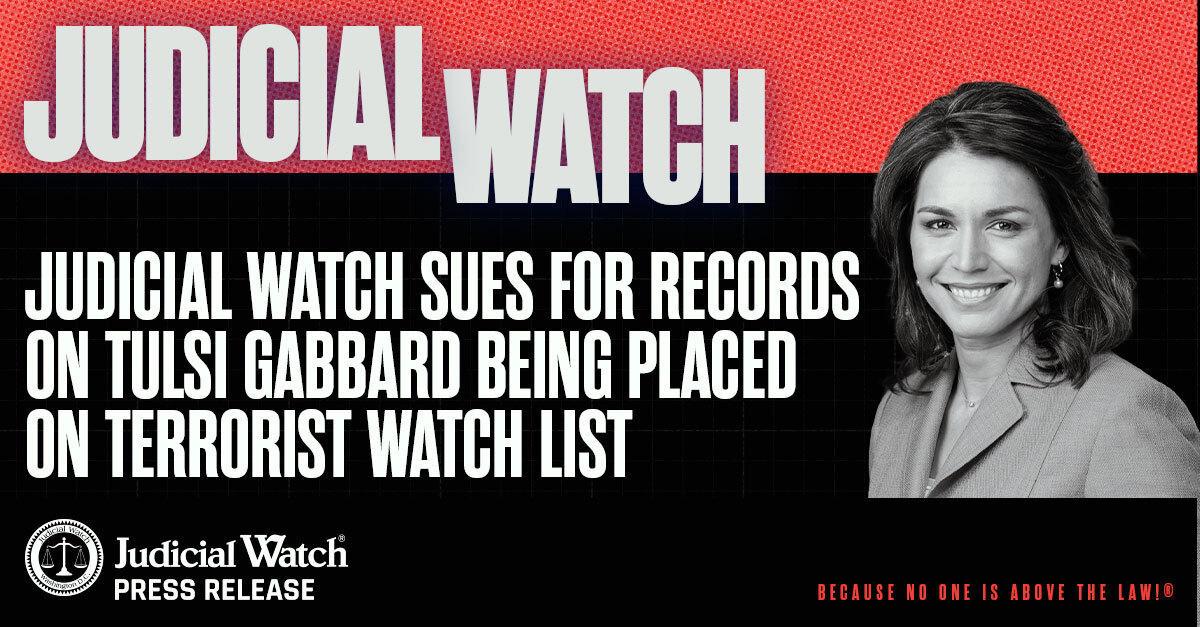

Judicial Watch Files FOIA Lawsuit on behalf of Daily Caller for Consumer Financial Protection Bureau Political Activity Records
(Washington, DC) – Judicial Watch announced today that it has filed a lawsuit on behalf of the Daily Caller News Foundation, a media organization based in Washington, D.C., seeking records from the Consumer Financial Protection Bureau (CFPB). The lawsuit was filed in the U.S. District Court for the District of Columbia (The Daily Caller News Foundation v. Consumer Financial Protection Bureau (No. 1:15-cv-01125)).
On February 27, 2015, The Daily Caller filed a FOIA request with the CFPB seeking access, in part, to:
A. All emails to or from Robert Cauldwell, National Treasury Employees’ Union Chapter 335 president and an examiner for the bureau’s Southeast region, between January 1, 2014 to February 27, 2015 that make reference to political parties, elected political figures, congressional committees, congressional testimony and congressional activities including hearings, investigatory activities or subpoenas; and
B. All emails sent to or received from Bureau employee and active union member Anthony Romano between January 1, 2014 to February 27, 2015 that make reference to political parties, elected political figures, congressional committees, congressional testimony and congressional activities including hearings, investigatory activities or subpoenas.
Subsequently, on March 19, The Daily Caller narrowed its request and provided the CFPB with a list of 27 specific terms to be searched. Yet, the CFPB responded on April 8 that the request was overly broad, and by letter dated May 21, denied The Daily Caller’s administrative appeal, declaring the request “insufficiently specific and therefore unreasonably burdensome.” The search terms in The Daily Caller’s request include “Republican,” “Tea Party,” “Obama,” “subpoenas” and “House Financial Services Committee.”
“The public has a right to know what their government is doing,” said Neil Patel, president of the Daily Caller News Foundation. “The Freedom of Information Act was enacted to enable the public to exercise this right. The Act requires disclosure of government documents subject only to reasonable exceptions. Asking ‘for too much’ is not one of those exceptions, and the CFPB should not be allowed to act as if it is.”
“The Consumer Financial Protection Bureau thinks it is above the law,” said Judicial Watch President Tom Fitton. “Our lawsuit on behalf of journalists at The Daily Caller, however, serves notice to the CFPB that this attitude is misguided. If union officials were engaging in illegal political activity, CFPB employees and the public deserve to know about it. It tells you all you need to know about the Obama administration’s transparency when The Daily Caller has to file a federal lawsuit just to find out about two bureaucrats.”















